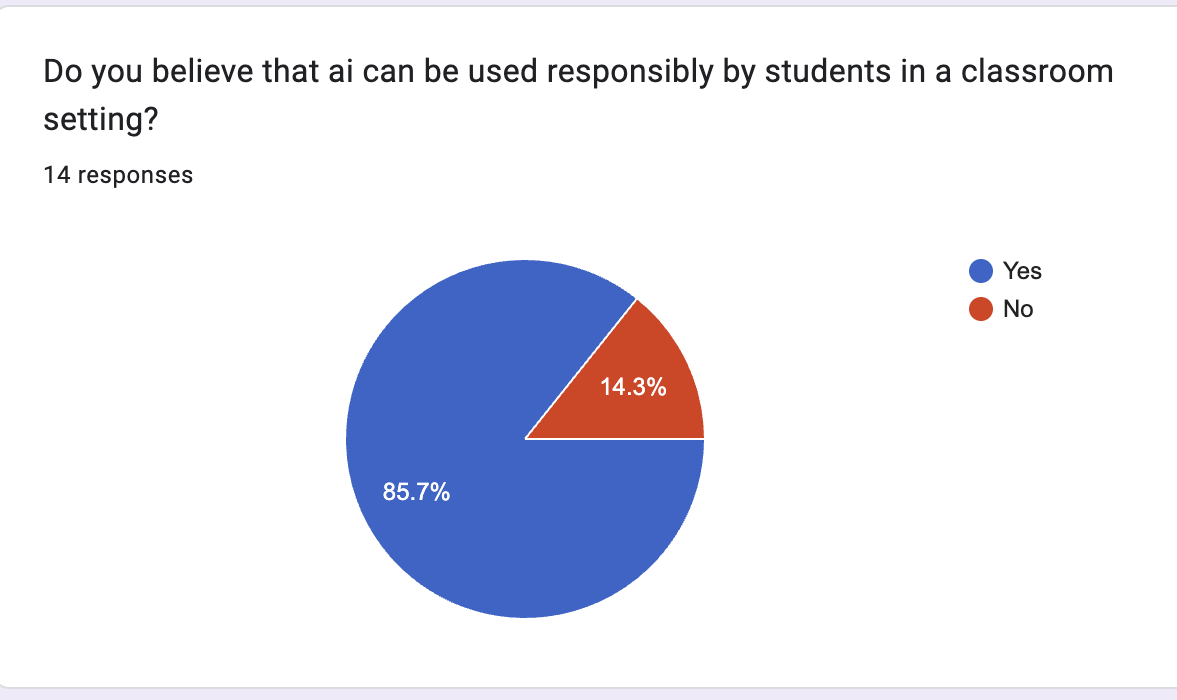On June 20, 2023, a group of young activists put the state of Montana on trial for a significant negative impact to the environment against the state constitution, the case being called “Held v. State of Montana.” The youth did end up winning the trial. The group consisted of 16 youth activists who took the case to court in hopes of finding the state of Montana partially responsible for a large negative impact on the environment. This trial raises many questions for the future of Montana and the citizens of this state.
Supporter of the group of activists, Izzy Slaughter said, “Locally, I think more people will be more conscious of the environment after this trial, especially in Missoula because the views on this issue are usually much different than the rest of Montana’s, in general.” She said that she thinks Montana citizens will try harder to make a positive impact on the environment after the ruling. “However, many people don’t believe in climate change in Montana,” she said.
Slaughter said that she agrees with the court ruling. “If Montana really is doing all these things with such a negative impact on the environment, then the state should be held accountable and made to change, even if people don’t like that.”
Regarding the future of Montana and the United States in terms of the people and legislation, Slaughter said that she feels it is an issue people need to see each other’s side on to ultimately come to some sort of agreement or compromise. “So many issues like this are politicized in this country when they don’t need to be. People should pick out certain aspects of each others’ view to agree with because the issue of climate change does require some sort of cooperation for our global success of overcoming it.”
Many young people agree with the court ruling. Another supporter of the youth group, Ian Barnard said, “I think that the ruling is a very important victory for climate legislation. Even if it doesn’t survive on appeal, it’s a very big step in the right direction. It’s showing the world that this kind of legal action has merit and can yield the results that climate activism is striving towards.” He said that this is particularly important during a time where climate change legislation is an uphill battle.
Barnard later said that if he was the judge, he would most definitely rule the same way. “The fact that the consideration of climate change was barred with this provision is asinine. I think the people against this ruling are failing to see how big of a detriment denying climate legislation is to us, because they are not experiencing immediate or observable consequences.”
Barnard marked the case as “ a massive step in the right direction.”
In the eyes of several young supporters, the case sets a new precedent to not only the state, but the country in regards to climate change legislation. Some say they feel it heavily encourages further change in political and legal action and its involvement in combatting climate change.







